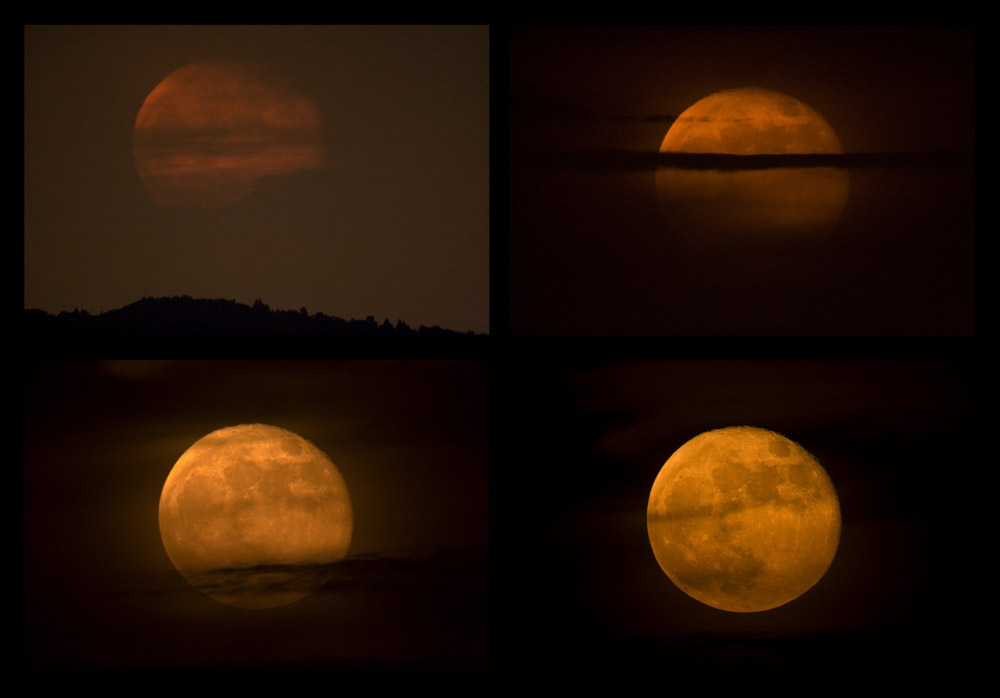Difference between revisions of "May 28, 2011"
| Line 1: | Line 1: | ||
__NOTOC__ | __NOTOC__ | ||
=Changing Color= | =Changing Color= | ||
| − | |||
<!-- ws:start:WikiTextHeadingRule:0:<h1> --> | <!-- ws:start:WikiTextHeadingRule:0:<h1> --> | ||
<!-- ws:start:WikiTextLocalImageRule:6:<img src="/file/view/LPOD-May28-11.jpg/232518826/LPOD-May28-11.jpg" alt="" title="" /> -->[[File:LPOD-May28-11.jpg|LPOD-May28-11.jpg]]<!-- ws:end:WikiTextLocalImageRule:6 --><br /> | <!-- ws:start:WikiTextLocalImageRule:6:<img src="/file/view/LPOD-May28-11.jpg/232518826/LPOD-May28-11.jpg" alt="" title="" /> -->[[File:LPOD-May28-11.jpg|LPOD-May28-11.jpg]]<!-- ws:end:WikiTextLocalImageRule:6 --><br /> | ||
| − | <em>images by [mailto:abraham@vadakcsillaga.hu Tamás Ábrahám], Zsámbék, Hungary</em><br /> | + | <em>images by [mailto:abraham@vadakcsillaga.hu" rel="nofollow Tamás Ábrahám], Zsámbék, Hungary</em><br /> |
<br /> | <br /> | ||
| − | [ | + | [/May+26%2C+2011 Continuing] our considerations of the colorfastness of the Moon, note how its brightness and hue change<br /> |
as it rises. This effect, of course, is due to absorption of light by the atmosphere, which is densest at the<br /> | as it rises. This effect, of course, is due to absorption of light by the atmosphere, which is densest at the<br /> | ||
horizon because of the long path length, and thins and has less effect as the Moon rises higher in the sky.<br /> | horizon because of the long path length, and thins and has less effect as the Moon rises higher in the sky.<br /> | ||
And in Tamás' images, clouds, not just the transparent atmosphere, also degrade the Moon's brightness<br /> | And in Tamás' images, clouds, not just the transparent atmosphere, also degrade the Moon's brightness<br /> | ||
| − | and color. As shown [ | + | and color. As shown [/May+27%2C+2011 yesterday], the color of surfaces varies depending on the actual nature of a surface, <br /> |
observing conditions and data processing. Astronomers have long known this and are very careful to <br /> | observing conditions and data processing. Astronomers have long known this and are very careful to <br /> | ||
standardize observing conditions and analysis to achieve accurate and consistent results. As amateurs<br /> | standardize observing conditions and analysis to achieve accurate and consistent results. As amateurs<br /> | ||
| Line 17: | Line 16: | ||
and brightness of the Moon. And that is OK.<br /> | and brightness of the Moon. And that is OK.<br /> | ||
<br /> | <br /> | ||
| − | <em>[mailto:tychocrater@yahoo.com Chuck Wood]</em><br /> | + | <em>[mailto:tychocrater@yahoo.com" rel="nofollow Chuck Wood]</em><br /> |
<br /> | <br /> | ||
<strong>Technical Details</strong><br /> | <strong>Technical Details</strong><br /> | ||
| Line 24: | Line 23: | ||
<br /> | <br /> | ||
<strong>Related Links</strong><br /> | <strong>Related Links</strong><br /> | ||
| − | Tamás' [http://www.vadakcsillaga.hu/ website]<br /> | + | Tamás' [http://www.vadakcsillaga.hu/" rel="nofollow website]<br /> |
<br /> | <br /> | ||
<hr /> | <hr /> | ||
Revision as of 21:16, 4 January 2015
Changing Color

images by " rel="nofollow Tamás Ábrahám, Zsámbék, Hungary
[/May+26%2C+2011 Continuing] our considerations of the colorfastness of the Moon, note how its brightness and hue change
as it rises. This effect, of course, is due to absorption of light by the atmosphere, which is densest at the
horizon because of the long path length, and thins and has less effect as the Moon rises higher in the sky.
And in Tamás' images, clouds, not just the transparent atmosphere, also degrade the Moon's brightness
and color. As shown [/May+27%2C+2011 yesterday], the color of surfaces varies depending on the actual nature of a surface,
observing conditions and data processing. Astronomers have long known this and are very careful to
standardize observing conditions and analysis to achieve accurate and consistent results. As amateurs
we can be more free to depict the Moon and the rest of the universe accurately or not. Tamás' images
are probably quite accurate renditions of the changing appearance of the Moon, but not the actual color
and brightness of the Moon. And that is OK.
" rel="nofollow Chuck Wood
Technical Details
05.18.2011, 20:04 - 20:22 (UT). 8" newtonian reflector (F/5) + Canon EOS 400D camera. The photos
were taken from Tamás' backyard.
Related Links
Tamás' " rel="nofollow website



